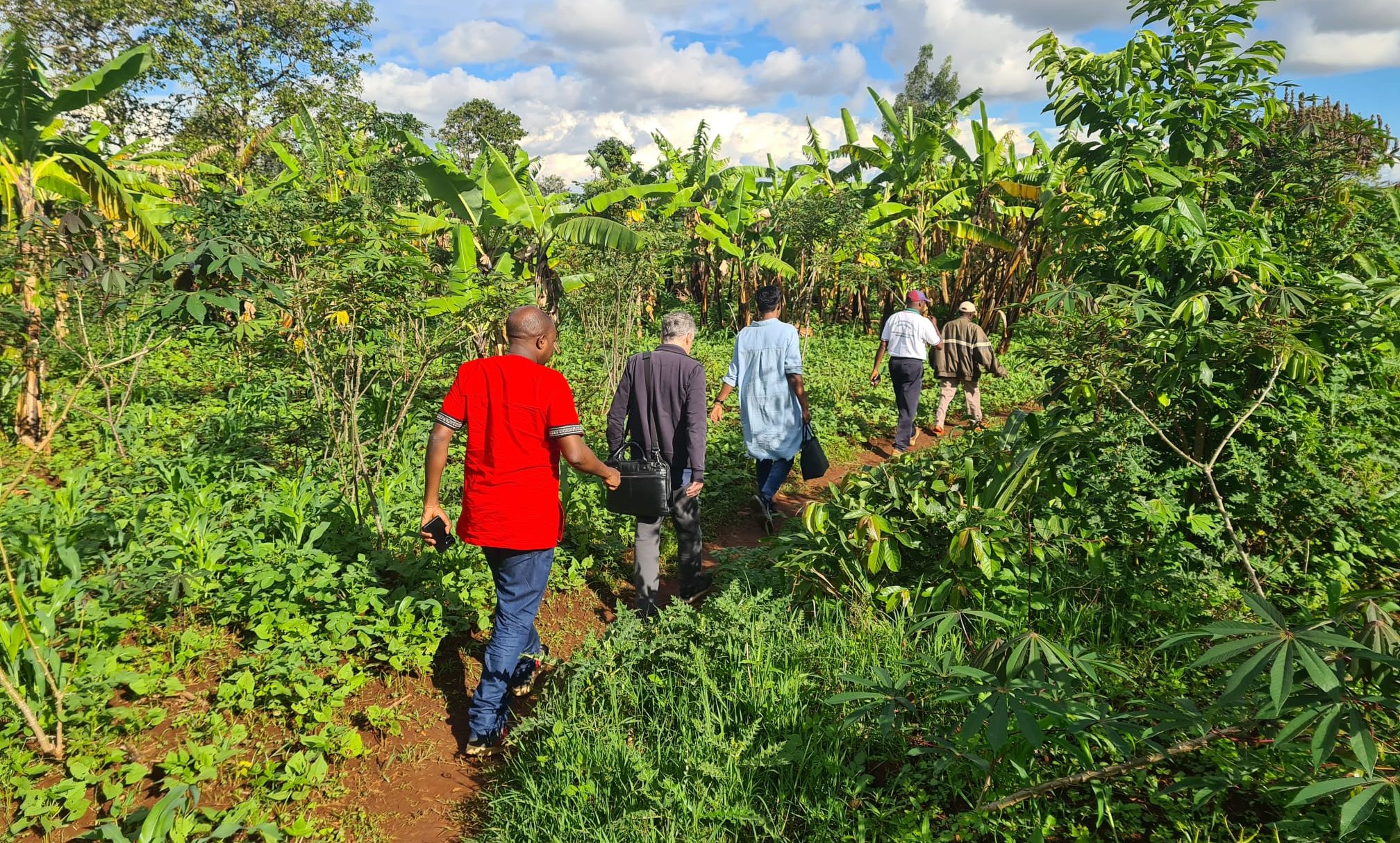As Orange Corners, we aim to contribute to the fields of entrepreneurship training and youth development in low- and middle-income countries. So in addition to using data and insights to adapt our own programmes, we also conduct in-depth research on specific themes related to training, finance and entrepreneurial ecosystems. Our research lead, Milou Derks, will present the current state of two research projects Orange Corners is involved in at CSSI 2024 in South Africa in April.
Download the abstracts of the two papers submitted below.
CSSI 2024
Between 3-6 April 2024, the CSSI themed “Power and inclusion in cross-sector social interactions” will take place in Cape Town, South Africa. This biannual conference fosters collaboration and exchange among diverse scholars and practitioners working on cross sector collaboration. The purpose is to advance and exchange knowledge and experience on how to effectively partner for sustainable development
CSSI 2024 is being hosted by the University of Cape Town Graduate School of Business, in collaboration with The Partnering Initiative (TPI), PRME Chapter Africa and the Embedding Project.
Register here to claim your spot.
Differences in entrepreneurial ecosystems: implications for entrepreneurship training in Africa
Entrepreneurship training plays an important role in poverty alleviation and job creation in some of the poorest regions of Africa, where formal employment options are limited. In comparison to emerging economies with fast-growing entrepreneurial ecosystems, entrepreneurship training in these low-income countries (LICs) is mainly driven by (foreign) donors and by the public sector as a way to fight high unemployment rates. Foreign donors are increasingly directing their private sector development funds towards entrepreneurship programmes in LICs, without the right knowledge to adapt programs to specific contexts and needs. This may not optimally yield the desired outcomes.
In this study, we therefore explore the question: How do entrepreneurial ecosystems in low-income regions in Africa differ and what do these differences imply for entrepreneurship training?
This research project is a collaboration between Orange Corners and Utrecht University, the Netherlands.
Mismatch in African entrepreneurial ecosystems: how to cater to smallholder farmer entrepreneurs?
Smallholder farmers across Africa are facing mounting challenges, such as soil degradation, impact of climate change and power dynamics in value chains, that have severe implications on their ability to generate sustainable livelihoods. A popular coping strategy promoted by governments, NGOs, and donors is to increase income through value addition of farming products (for example instead of selling tomatoes, sell dried tomato powder or juice). Value addition requires farmers to acquire entrepreneurial skills such as finding new distribution channels, promoting products, producing consistent quality, and financial management, as well as new resources, such as access to finance.
The entrepreneurial ecosystem plays a pivotal role in the potential for success of smallholders as entrepreneurs. Without a robust ecosystem, aspiring entrepreneurs may struggle to access the necessary knowledge, mentorship, and funding, resulting in a higher likelihood of business failure. The paper takes a critical look at current entrepreneurial ecosystems for smallholder farmers. It compares what support is on offer, where and for whom, against the needs of smallholders, and aims to come up with insights for improved support.
This research project is a collaboration between Orange Corners and the International Institute for Social Studies in The Hague, the Netherlands.





